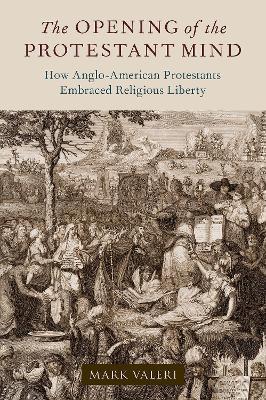The Opening of the Protestant Mind: How Anglo-American Protestants Embraced Religious Liberty

The Opening of the Protestant Mind: How Anglo-American Protestants Embraced Religious Liberty
authority with political power were illegitimate. They also changed their evangelistic practices, jettisoning civilizing agendas in favor of reasoned persuasion. Valeri neither valorizes Anglo-Protestants nor condemns them. Instead, he reveals the deep ambiguities in their ideas while showing how those ideas contained the seeds of modern religious liberty.
PRP: 304.22 Lei
Acesta este Prețul Recomandat de Producător. Prețul de vânzare al produsului este afișat mai jos.
273.80Lei
273.80Lei
304.22 LeiLivrare in 2-4 saptamani
Descrierea produsului
authority with political power were illegitimate. They also changed their evangelistic practices, jettisoning civilizing agendas in favor of reasoned persuasion. Valeri neither valorizes Anglo-Protestants nor condemns them. Instead, he reveals the deep ambiguities in their ideas while showing how those ideas contained the seeds of modern religious liberty.
Detaliile produsului










